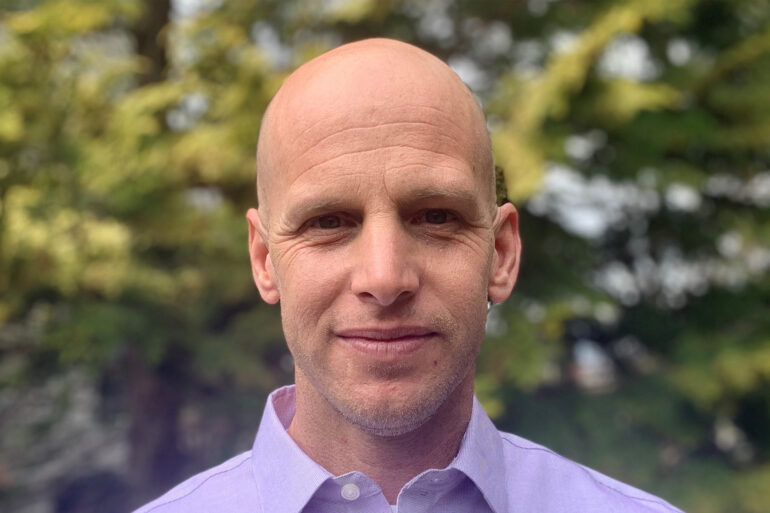What’s in a Name?
Lobbyist John Norwood knows government. His firm, Norwood & Associates, has represented the interests of California business owners for over 35 years. Churchill Downs, Comcast, Liberty Mutual Insurance Group and the California Spa & Pool Education Council (SPEC) are just a few of Norwood’s clients.
Aside from representing its legislative needs, Norwood assumed leadership of SPEC in 2009 and has recently begun giving the organization a facelift. SPEC has been renamed the California Pool and Spa Association (CPSA) and has unveiled a new website as well as lower, easier-to-pay membership dues.
There are several reasons for this change, Norwood says: “We deal with legislators, regulators and city councils in the largest pool and spa market in the United States. It’s incumbent upon us that everyone — lawmakers and business owners alike — understand our mission, which is first and foremost the protection of California’s pool and spa industry.”
That protection isn’t free. The CPSA survives through membership dues and voluntary contributions, and raising those funds in these tough economic times is a challenge. Norwood says it’s important that contributors understand how their dollars are being used. “I think we need to be much clearer about what we’re doing,” he says. “That’s the main driver behind the changes to SPEC.”
But does the pool and spa industry really need a lobbying organization? The answer is a resounding yes. Roughly 3,000 bills are presented to the California Legislature each year, and many of them directly impact contractors, retailers, builders and consumers. Energy efficiency, water conservation, employee working conditions, transportation of chemicals and protection of workers are just some of the topics lawmakers debate each session.
The problem, Norwood explains, is that government is your unwanted business partner. “If you don’t pay attention to the government and are not actively there to answer questions and be a part of it, you’ll be left out or subject to attacks,” Norwood says. “This isn’t intentional. The legislature tries to do good things, it’s just that they don’t always understand the implications of their work, oftentimes passing laws that end up incurring unnecessary costs, thus making industries noncompetitive.”
Somebody has to be there to stop that, he says. That’s why there are hundreds of organizations in the state capitals and in the nation’s capital to prevent that from happening. The CPSA is no different from the California Bankers Association, the Independent Insurance Agents and Brokers Association, the California Realtors Association or any of the rest.
Norwood warns that if SPEC hadn’t been there over the years, everyone would have a six-foot fence immediately surrounding the pool. They’d be driving trucks with special compartments to carry chemicals, and wearing HAZMAT masks while servicing pools. “Above all,” he says, “they’d be paying more taxes and higher fees.”
Over the years, SPEC’s activities have spilled beyond California’s borders. Norwood points to the drought issue as one example of this. In the ’70s and again in the ’90s, California drought conditions raised a host of water problems, many of which were addressed legislatively. The battles SPEC fought have since been mirrored in states such as Texas and Georgia. “The work we did here was helpful to other agencies outside of California. Going forward, we look to make our program more digital, so it’s easier to roll out to other states,” Norwood says.
The pool and spa industry has a lot of moving parts. Everything from energy standards and consumer protection to water use is a potential target for legislation by well-meaning people at the state Capitol. Unless organizations like the CPSA bring clarity and common sense to such issues, much of that legislation will mean higher operating costs to the pool and spa industry. “No man’s life, liberty or property are safe while the Legislature’s in session,” Norwood jokes. Unfortunately, unwarranted laws and regulations are no laughing matter to those affected by overzealous lawmakers.





